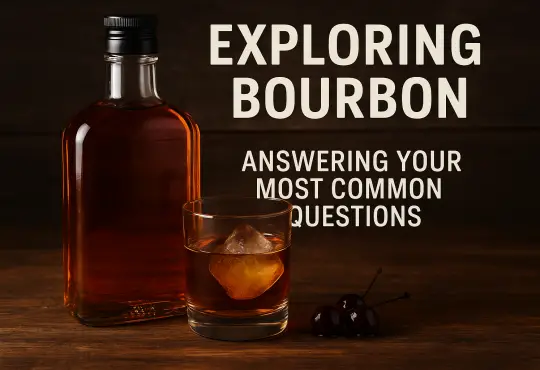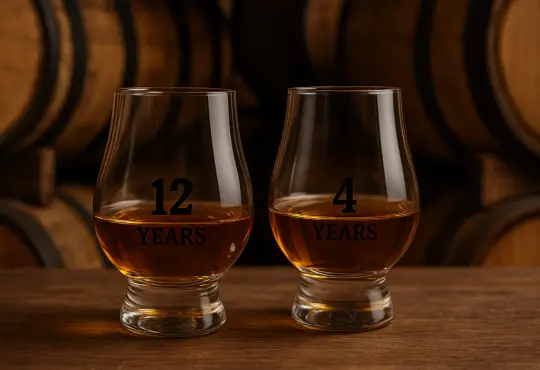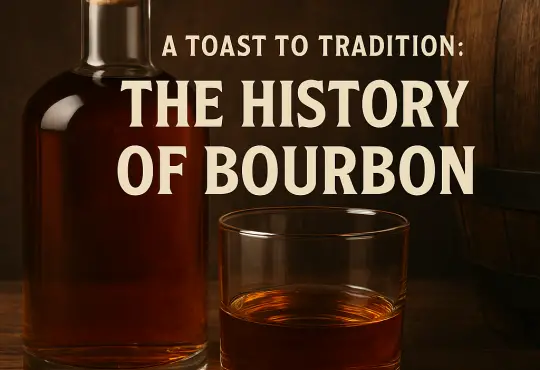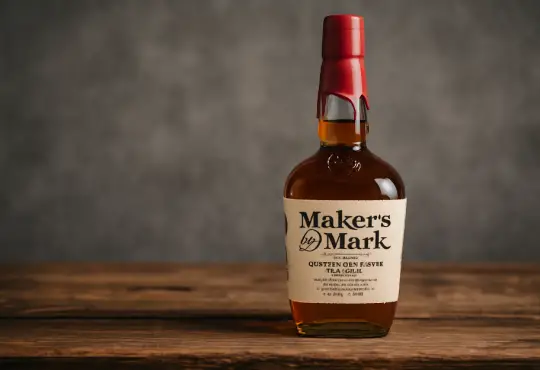
Bourbon History – Part 1: From Moonshine to Mainstream: The Origins of Bourbon
In the vast realm of spirits, few hold the same level of intrigue and cultural significance as bourbon. From its humble beginnings as “corn whiskey” to its status as America’s Native Spirit, bourbon has a fascinating history that has shaped the industry and captured the hearts of enthusiasts worldwide. In this five-part series, we embark on a journey through time to uncover the captivating story of bourbon. In Part 1, we delve into its origins, tracing the path from moonshine to mainstream success.
- The Whiskey Rebellion and Early Distillation: To understand the origins of bourbon, we must first look back to the late 18th century and the Whiskey Rebellion. This pivotal event arose from the federal government’s decision to tax whiskey, leading to an uprising among farmers and distillers in the newly formed United States. These early distillers, many of whom were of Scotch-Irish descent, laid the foundation for the whiskey-making traditions that would later evolve into bourbon.
- Kentucky: The Birthplace of Bourbon: While bourbon has roots in various regions, it was in Kentucky where it truly found its home. The state’s fertile soil, abundant corn crops, and limestone-rich water provided the perfect ingredients for distilling high-quality whiskey. Early settlers in Kentucky began experimenting with distillation techniques, eventually perfecting the process that would give birth to bourbon as we know it today.
- The Rise of Corn Whiskey: In the late 18th and early 19th centuries, whiskey production in the United States predominantly revolved around corn-based spirits. These early forms of whiskey, often referred to as corn whiskey, laid the groundwork for the development of bourbon. Distillers began to recognize the benefits of aging the spirit in charred oak barrels, a practice that would become a defining characteristic of bourbon.
- The Whiskey Trailblazers: While many distillers played a role in shaping bourbon’s history, several key figures stand out as true trailblazers. Individuals such as Jacob Beam, Elijah Craig, and Evan Williams pioneered innovative techniques, refined the distillation process, and laid the groundwork for the bourbons we enjoy today. Their legacy lives on through the brands that bear their names.
- The Birth of the Term “Bourbon”: The precise origins of the term “bourbon” are shrouded in mystery and legend. One popular theory suggests that it was named after Bourbon County, Kentucky, which was once a prominent distilling region. Another theory suggests that the name pays homage to the French Bourbon dynasty, reflecting America’s close ties to France during the Revolutionary War. Regardless of its etymology, the term “bourbon” became synonymous with high-quality American whiskey.
As we conclude Part 1 of our series on the history of bourbon, we’ve uncovered the origins of this beloved spirit. From the Whiskey Rebellion to the birth of bourbon in Kentucky, we’ve witnessed the evolution of a spirit that would eventually become a symbol of American craftsmanship. Stay tuned for Part 2, where we’ll explore the trials and tribulations of bourbon during Prohibition and its subsequent resurgence. So, raise your glass and toast to the remarkable journey of bourbon, from moonshine to mainstream success. Cheers!






